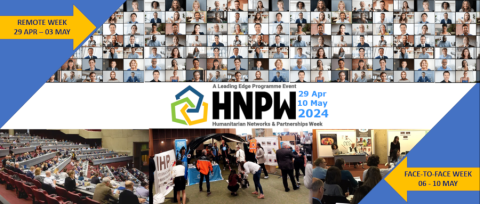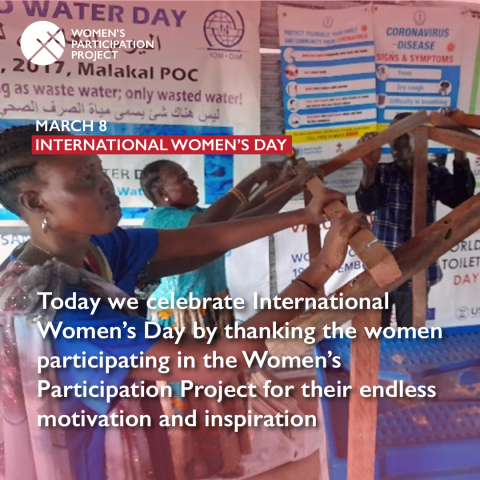Gap Analysis of GBV in Humanitarian Settings: A Global Consultation
In line with our strategic commitment to target the most pressing challenges in the sector and to ensure that innovation processes are evidence-based and problem-led, we commission robust gap analyses.
Since 2015, we have dedicated resources, focus and support to innovation that tackles the complex and egregious problem of gender-based-violence (GBV) in humanitarian settings. We have worked collaboratively with, and been guided by, key agencies and experts within the GBV in emergencies community. In 2016, we published our first-ever GBV Gap Analysis in which key challenges across this sector were identified, evidenced and prioritised, and then transformed into opportunities for innovation.
We are now sharing with the sector our second Gap Analysis focused on GBV humanitarian settings which seeks to update the outstanding and persistent gaps that continue to challenge the GBV sector. It builds upon our first Gap Analysis, providing a further breakdown of how challenges, such as the need for quality GBV expertise or improved monitoring and evaluation of GBV programming, manifest across different types of GBV programming. With this adaptation, we aim to present a wider breadth of gaps experienced across humanitarian GBV efforts and to increase the relevance of this report for more actors, such as non-GBV actors working to mitigate risks of GBV.
Similar to the first Gap Analysis, this report identifies both operational and systemic challenges faced by the sector, continually acknowledging the complexity and diversity of needs across the sector in order to achieve its intended positive outcomes for women and girls in humanitarian settings.
Read the full report by ELRHA here!


